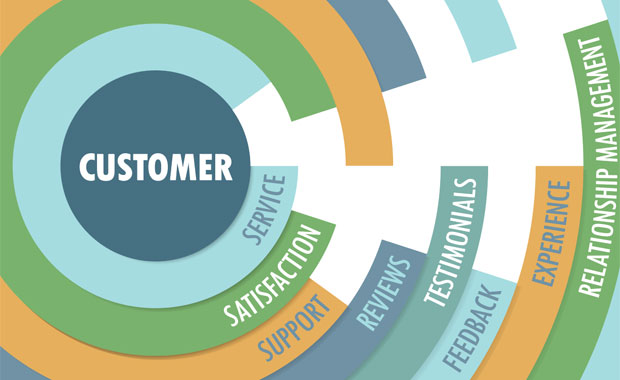Enterprises have begun overhauling the way they handle customer experiences, suggested Gene Alvarez, managing vice president at Gartner, at the firm’s customer experience event in Tokyo earlier this week.
Twenty percent of brands will abandon their mobile apps by 2019, he predicted, choosing consumer messaging apps such as Facebook Messenger and WeChat instead.
By 2020, Alvarez said, we can expect to see the following changes:
- 25 percent of customer service and support operations will have integrated virtual customer assistant or chatbot technology across engagement channels;
- 20 percent of large enterprises will have evaluated and adopted augmented, virtual and mixed reality immersive solutions; and
- 30 percent of all B2B companies will have employed artificial intelligence to augment at least one of their primary sales processes.
“These trends confirm companies will need to continuously evolve and meet their customers where they are and prefer to be, to effectively do business with them,” said Mike Asebrook, director of product marketing and customer service at Pegasystems.
“All companies will need to continue to use these tools to become much more knowledgeable about their customers’ current and future needs,” he told CRM Buyer.
Not So Fast
Purchases using mobile devices hit new highs on last year’s Black Friday and Cyber Monday, so why would businesses move away from mobile apps?
Businesses find their mobile apps are lost among the more than 4 million Android and iOS apps available, said Gartner analyst Charles Golvin.
Also, ROI calculations on mobile apps were off, and mobile wallet cards and progressive Web apps have emerged as challengers, he pointed out.
“Messaging platforms have gained serious momentum for consumers’ communication with brands,” Pegasystems’ Asebrook acknowledged.
That said, “there are still too many valuable mobile apps available that provide too much value for business for them to be abandoned by next year,” he maintained. “Perhaps within three to five years we could start to see this trend start to occur.”
I, Chatbot
Technology improvements and the increasing trend for customers to engage on digital channels has been driving implementation of virtual customer assistants for handling customer requests, Alvarez noted.
Pegasystems has been “seeing a very strong level of interest from our customers in adopting VCAs,” Asebrook said. “They recognize the potential for significant financial land operational efficiency improvements gains.”
It’s likely that Alvarez’s 25 percent figure is pessimistic, according to Beerud Sheth, CEO of Gupshup.
“It will be a lot higher,” he told CRM Buyer, because VCAs “achieve the seemingly impossible twin objectives of reducing support costs and increasing customer satisfaction.”
Gupshup’s Mindbody chatbot “has created a more engaging client experience,” said Kassandra Kuehl, owner of Beauty Ecology.
In addition to enabling online booking, she told CRM Buyer, it provided “innovative ways to do inbound marketing with instant messaging.”
However, acquiring empowering knowledge prior to chatbot implementation is critical, noted Anand Subramaniam, SVP of worldwide marketing at eGain.
Proceeding without it is like asking a person “to drive blindfolded,” he told CRM Buyer.
The time for customer service chatbots has come, suggests a recent survey of 3,000 consumers in the United States and the UK.
Among the Chatbots.org survey’s findings:
- 59 percent of respondents reported that having to repeat information and context to a human agent when escalated from chatbots was the biggest problem they encountered; and
- 32 percent said chatbots getting stuck and not knowing what to do was their second-biggest problem.
Emerging Tech
“While we continue to find new use cases and potential opportunities with adopting AR, VR and mixed reality solutions in the enterprise, this is still in the exploratory stage,” Pegasystems’ Asebrook observed.
However, companies will move beyond prototypes soon, he added.
Using AI in sales often results in up to 30 percent higher conversion rates when engaging prospects or leads, according to Gartner.
AI has become an attractive alternative for sales organizations with high volumes of lead processing, opportunities and forecasting processes.
For example, “a telco client is using case-based reasoning to improve net promoter score by 20 percent,” noted eGain’s Subramaniam, “and first call resolution by 23 percent across 10,000 agents and 550 retail stores.”


























































Social CRM
See all Social CRM